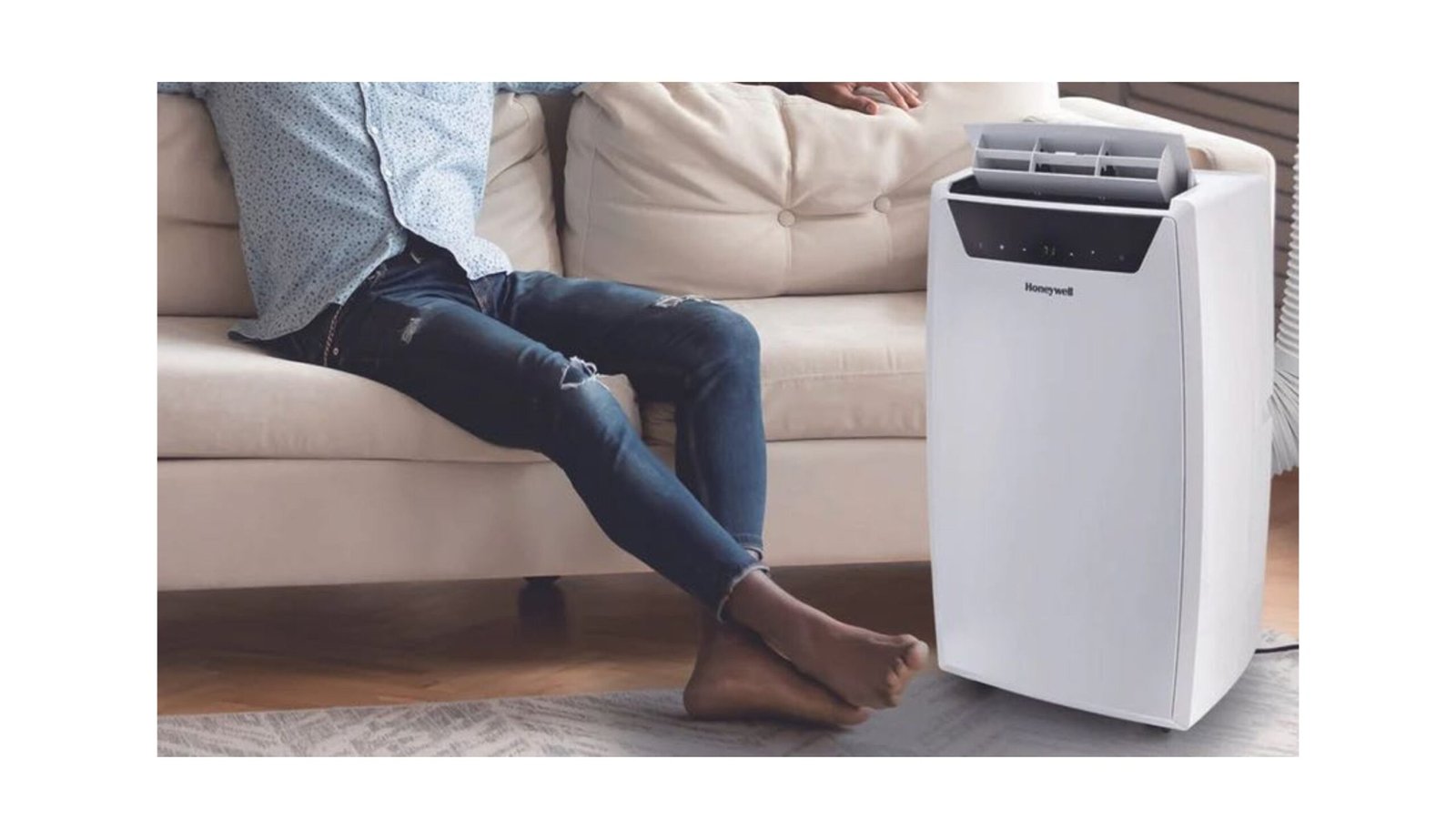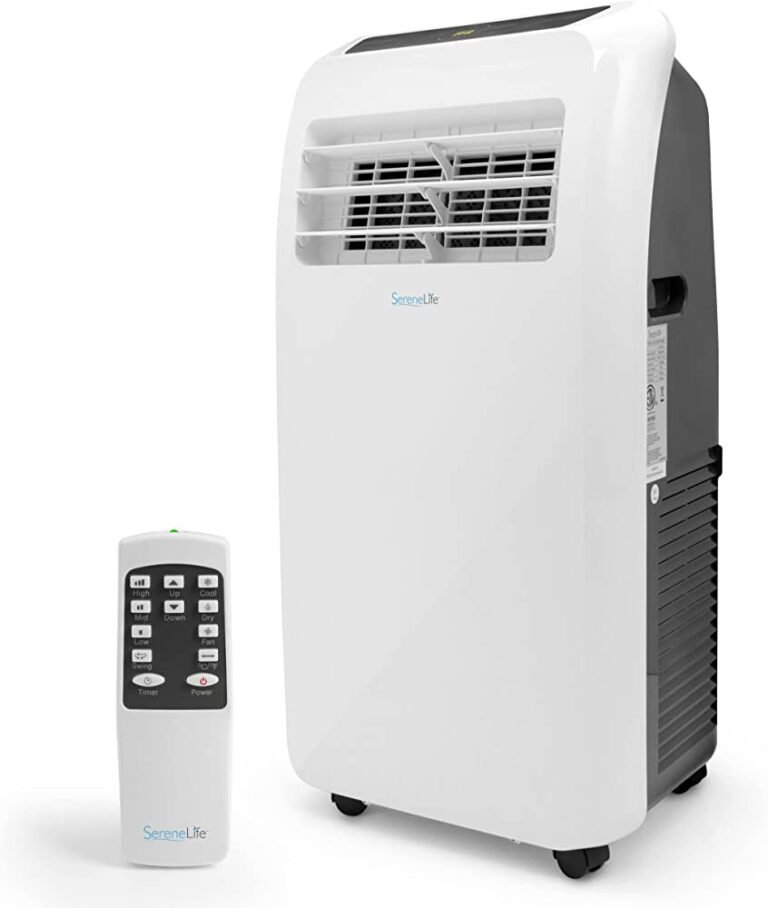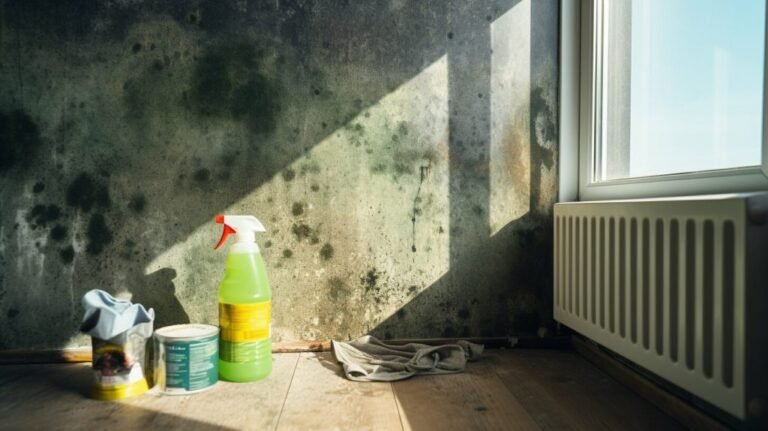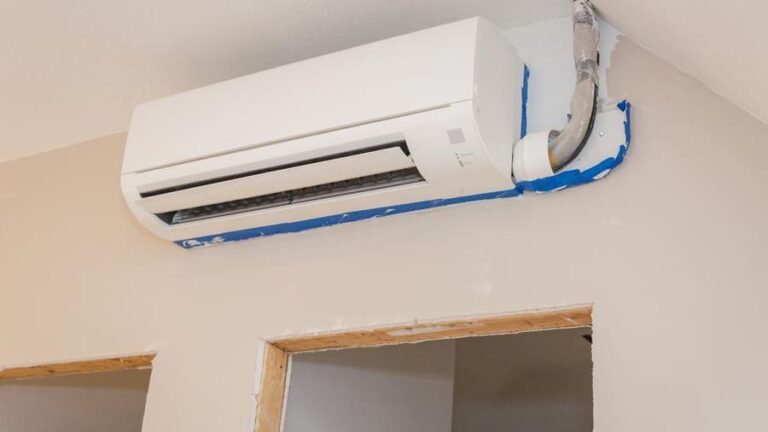What Size AC System for 1800 Sq Ft Foam House: The Ultimate Guide
For an 1800 square feet foam house, the recommended size for an AC system would be around 2.5 to 3 tons. This size will effectively cool and maintain a comfortable temperature in the house.
Welcome to our article on finding the right size AC system for a 1800 square feet foam house. It can be challenging to determine the ideal AC system size for a home, especially one with foam insulation. However, it is crucial to have the correct size to ensure optimal cooling efficiency and energy savings.
We will guide you on determining the appropriate AC system size for your 1800 square feet foam house, taking into account the insulation and specific requirements of such a home. Read on to make an informed decision for your comfort and energy efficiency needs.
Factors To Consider For Ac Sizing In Foam Houses
Foam insulation plays a crucial role in determining the size of an AC system for a 1800 square feet foam house. Foam insulation creates an airtight barrier that minimizes air leakage, making the house highly energy efficient. This leads to reduced heat transfer, resulting in lower cooling loads. With efficient insulation, **the AC system size can be smaller** compared to houses without foam insulation.
The climate and region where the foam house is located also impact the AC system size. **Hot and humid climates** require larger AC systems due to higher cooling demands. Similarly, areas with **extreme seasonal temperature variations** may need bigger AC systems to handle both hot summers and cold winters.
High humidity levels can affect the AC system size in foam houses. **Moisture removal** is an essential aspect of cooling, and if the foam house experiences high humidity levels, a larger capacity AC system may be required to effectively dehumidify the indoor air.
It is important to consider these factors when determining the size of an AC system for a 1800 square feet foam house. Proper sizing ensures optimal performance, energy efficiency, and comfort in foam houses.

Determining The Ac System Size For 1800 Sq Ft Foam House
Calculating the cooling load for an 1800 square feet foam house is crucial to determine the appropriate AC system size. The Manual J calculation method is commonly used for this purpose. Factors that need to be included in the calculation are the house’s insulation level, window quality, and orientation, among others.
To understand the tonnage rating of an AC system, it’s essential to know the difference between tonnage and BTU. Tonnage refers to the cooling capacity of an AC system, while BTU represents the amount of heat that the system can remove per hour.
Based on industry standards, the recommended tonnage for an 1800 square feet foam house ranges from 2 to 3.5 tons. However, it is always recommended to consult with a professional HVAC technician to determine the exact tonnage needed for your specific home’s requirements.
Common Mistakes To Avoid In Ac Sizing For Foam Houses
Common Mistakes to Avoid in AC Sizing for Foam Houses:
Oversizing the AC system can have negative effects on efficiency and comfort. While it may seem like a bigger system would cool the space better, it can actually lead to increased energy consumption. The system will cycle on and off more frequently, leading to inconsistent temperatures and potential discomfort.
On the other hand, undersizing the AC system can result in inadequate cooling capacity. The system may struggle to keep up with the cooling demands of the foam house, leading to a strain on the system and potential damage in the long run.
| Common Mistakes | Negative Effects |
|---|---|
| Oversizing the AC System |
|
| Undersizing the AC System |
|
Professional Hvac Consultation For Sizing Ac System
When it comes to sizing an AC system for a 1800 square feet foam house, it is important to hire a qualified HVAC technician. They will perform a HVAC load calculation and system design to determine the appropriate size of the AC system. This calculation takes into consideration factors such as the square footage of the house, insulation levels, number of windows, and local climate.
A qualified HVAC technician will provide customized recommendations for foam houses, taking into account the unique characteristics of this type of insulation. Spray foam insulation has a higher R-value than traditional insulation, which means it provides better thermal resistance. This translates to reduced energy consumption and lower utility bills.
It is essential to avoid oversizing or undersizing the AC system for a foam house. Oversizing can lead to inefficient operation and increased energy costs, while undersizing can result in insufficient cooling and comfort issues. By consulting with a professional HVAC technician, homeowners can ensure the proper sizing and design of their AC system for optimal performance and energy efficiency.
Tips For Optimal Cooling Efficiency In Foam Houses
Proper installation and maintenance of an AC system play a crucial role in ensuring optimal cooling efficiency in foam houses. This includes hiring a professional HVAC technician to handle the installation process. The technician should have experience working with foam houses to guarantee that the system is correctly sized and installed. Regular maintenance, such as cleaning the filters and checking for any leaks or issues, is also essential to keep the system working efficiently.
Proper ductwork design and sealing are vital in foam houses to prevent air leaks. Leaky ducts can result in significant energy losses and reduce the overall cooling efficiency. Ensuring that the ducts are well-insulated and sealed properly helps to maintain the desired temperature throughout the house and reduces strain on the AC system.
Regular filter replacement is important to maintain good indoor air quality and maximize the efficiency of the AC system. Clogged filters can restrict airflow, making the system work harder to cool the house. It is recommended to check and replace filters every 1-3 months, depending on the manufacturer’s guidelines and the level of air pollutants in the area.
Zoning systems can be beneficial for foam houses as they allow for individual control of temperature in different areas or zones of the house. This ensures that cooling is only provided to the areas that require it, saving energy and improving overall efficiency. Zoning systems can be installed during the initial AC system setup or retrofitted later.
Integrating a smart thermostat into the AC system of a foam house can further optimize cooling efficiency. Smart thermostats can be programmed to adjust temperature settings based on occupancy patterns, time of day, and even outdoor weather conditions. This allows for precise control and energy savings by minimizing unnecessary cooling when no one is present or during cooler times of the day.
Frequently Asked Questions On What Size Ac System For 1800 Square Feet Foam House
How Big Of An Ac Unit Will A Spray Foam House Get?
The size of an AC unit for a spray foam house depends on the square footage of the house. In general, a spray foam house will typically require 2-3. 5 tons of AC capacity.
What Size Air Conditioner Do I Need For A 1800 Square Foot House?
For a 1800 square foot house, you will need an air conditioner unit sized between 2. 5 to 3 tons.
How Many Square Feet Will A 5 Ton Ac Cool?
A 5 ton AC unit can cool approximately 2,000 to 2,500 square feet of space.
What Size Air Conditioner Do I Need For 1700 Sq Ft House?
For a 1700 sq ft house, you will need an air conditioner with a capacity of around 2. 5 to 3 tons.
What Is The Ideal Ac System Size For An 1800 Square Feet Foam House?
Installing the right AC system size ensures optimal cooling efficiency for your foam house.
How Does Spray Foam Insulation Affect The Sizing Of An Ac Unit?
Spray foam insulation reduces the tonnage needed for your AC unit, resulting in potential energy savings.
What Are The Hvac Considerations For A Spray Foam Insulated Home?
Spray foam insulated homes require careful HVAC sizing to ensure proper airflow and temperature control.
Can I Use A Smaller Ac System For A Spray Foam House?
It is possible to use a smaller AC system for a spray foam house due to its increased insulation properties.
Conclusion
Finding the right AC system size for your 1800 square feet foam house is crucial for optimal cooling efficiency. By considering factors such as insulation, climate, and heat load, you can ensure that your AC unit is neither too small nor too large.
Proper sizing with spray foam insulation can significantly reduce the tonnage needed, resulting in cost savings and improved energy efficiency. To accurately determine the appropriate AC system size, it is best to consult with HVAC professionals who can assess your specific requirements and recommend the ideal solution.






